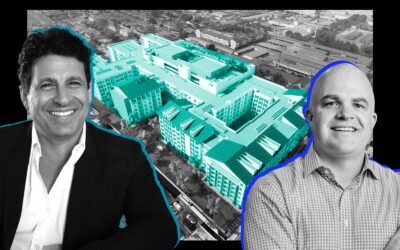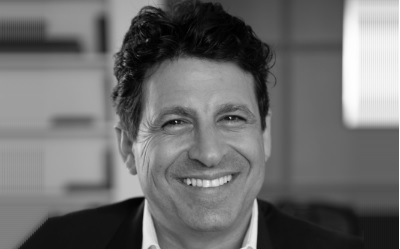 Paul Fiorilla, Director of Research, Yardi Matrix
Paul Fiorilla, Director of Research, Yardi Matrix
Investors from outside the U.S. are increasingly interested in the U.S. multifamily market and are willing to go to a broader range of markets to do so.
Market sources say that there is an extremely high amount of interest expressed by non-U.S. sources in multifamily, driven by several factors. One is the desire to hold assets with safe and consistent cash flows. Another is the strong returns relative to fixed-income alternatives, such as high-grade corporate bonds or sovereign debt.
Through mid-year 2021, non-U.S. investors had purchased more than $2.4 billion of multifamily assets in the U.S., on track for the most-active year since 2018, when volume reached $5.2 billion, according to Yardi Matrix. That is despite overall sales being slowed by pandemic-related factors. Fierce competition to buy multifamily assets and a lack of willing sellers has pushed prices higher while keeping a lid on deal flow.
Foreign investors bought $3.6 billion of U.S. multifamily assets in 2020 and $4.2 billion in 2019, per Matrix. Foreign capital’s investment in the sector peaked in 2015 with $13.9 billion of acquisitions, with $12.9 billion coming from Canada, which is by far the most active non-U.S. market investing in the U.S. Canada accounts for 12 of the top 20 non-U.S. investors in multifamily. The ranks of foreign owners of multifamily are led by Brookfield Properties of Canada, The Olayan Group of Saudi Arabia, and Investcorp of Bahrain, per Matrix.
Historically, foreign investors in the U.S. have a reputation for focusing on trophy assets such as CBD offices, top regional malls or luxury hotels, and sticking to a handful of primary markets with strong liquidity. But that’s also changing as investors are looking for multifamily and industrial, and niche property types such as student housing and data centers.
Non-U.S. investors also are venturing further away from major metros like they never have before to take advantage of the growth potential of growing cities, particularly in the Southeast market of Atlanta where CGI+ is also increasing its market share.

